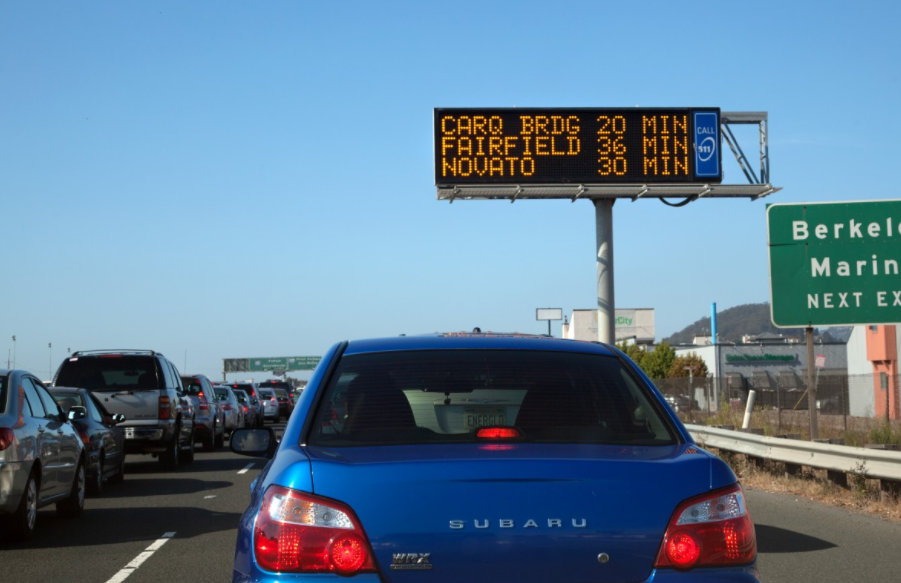
Both state and federal laws protect Californians who unknowingly purchase defective vehicles in the Golden State. Residents are protected by the Song-Beverley Consumer Warranty Act (Song-Beverley), which applies to all retail consumer goods sold in California that are covered by implied or written express warranties. Californians also enjoy protection by the Magnuson-Moss Warranty Act, a suite of federal laws guaranteeing lemon law protections to all Americans. No matter what state you live in, there is legal recourse available for unwitting consumers when vehicle manufacturers don’t act in good faith and sell a defective new car.
However, these laws both have their limits. Both the Magnuson-Moss Warranty Act and the state-level Song-Beverly Consumer Warranty Act protect consumers who buy vehicles still covered by their original manufacturer’s warranty. If that warranty is expired, such as for most used car purchases, your options narrow significantly. Options start running out when consumers take too long to seek recompense for their defective vehicles as well, since both state and federal laws have deadlines after which consumers are ineligible for legal help. If you’re seeking legal help with your lemon car in California, you should know the law’s limits and how to make sure you have the best possible outcome for your claim.
The California lemon law states every sale of retail consumer goods in the state, including motor vehicles, must come with both an implied warranty of merchantability and an implied warranty of fitness. An “implied warranty of merchantability” means the product purchased should work as expected. For example, if you buy a car, it is expected to start, get you safely from one point to another, and then stop. If a car dealership sells you a new vehicle that fails to do any of these things, they have breached the implied warranty of merchantability.
The “implied warranty of fitness” is an implied warranty stating if the seller knows what purpose the buyer is buying the product for, the seller is promising the product works for that specific purpose. For example, if a consumer buys a truck specifically to haul cargo, the seller of that truck guarantees the truck is good for hauling cargo.

The California lemon law also states if a manufacturer provides express warranties for goods sold in California, they must maintain sufficient service and repair facilities in the state or authorize other independent facilities to fulfill the terms of those warranties.
Warranties, under state and federal laws, refer to vehicle defects as “non-conformities.” When these problems or defects substantially impair the motor vehicle’s use, safety or market value, the vehicle no longer “conforms” to the warranty’s terms.
California requires vehicles meet specific criteria within 18 months of the car’s delivery to the consumer or before reaching 18,000 miles driven before it can be considered a lemon. The manufacturer or their authorized agents must make four or more attempts to fix a nonconformity covered by the warranty, but only two attempts if said nonconformity is considered deadly or dangerous if the vehicle is driven. The vehicle is also considered a lemon if the vehicle is in the shop for more than 30 days while being repaired for any number of nonconformities covered under the warranty.
California’s lemon law states if the above criteria is met, the manufacturer owes the vehicle’s owner or lessee either a replacement vehicle or a refund of the purchase price. The manufacturer may, however, argue the criteria hasn’t been met and refuse to compensate the consumer. For example, the manufacturer may claim the aforementioned problem is “minor,” such as a rattling noise or foul odor. One way to refute this claim is while such things could be considered minor to a layperson, they can inhibit the vehicle’s resale value. Such a problem still counts as a nonconformity under the California lemon law and therefore subject to recompense.
The manufacturer could also claim the consumer caused the nonconformity themselves, either through neglect, accident or unauthorized modifications. Nonconformities caused through any of these would not be covered by the California lemon law. As such, it is important to maintain complete and thorough repair records when taking you vehicle into the shop for warranty repairs. Make sure the repair team documents all work done on your vehicle, specifying the repairs being done don’t result from neglect or misuse but from problems arising within the vehicle itself.
If you can’t find adequate relief from the California lemon law, the national Magnuson Moss Warranty Act can still offer help. California’s protection expires 18 months after the vehicle’s delivery or after 18,000 miles traveled, but the Magnuson-Moss Warranty Act protects you up to four years after you buy the vehicle. As a federal law, the Magnuson-Moss Warranty act supersedes the car lemon law in California.
There’s no specific “used car” provision in the California lemon law, it only pertains to those vehicles still under the original manufacturer’s warranty. As long as the vehicle is still covered by that warranty, the lemon law still applies.
Discovering your new vehicle is defective can disrupt your life, making it difficult to go to work, go to school, care for your family and go about your business. The breach of warranty experts at Allen Stewart P.C. can help you through the claims process and get you back behind the wheel. The faster you act the better your chances of a positive outcome for your case. Don’t delay, contact Allen Stewart P.C. today.
